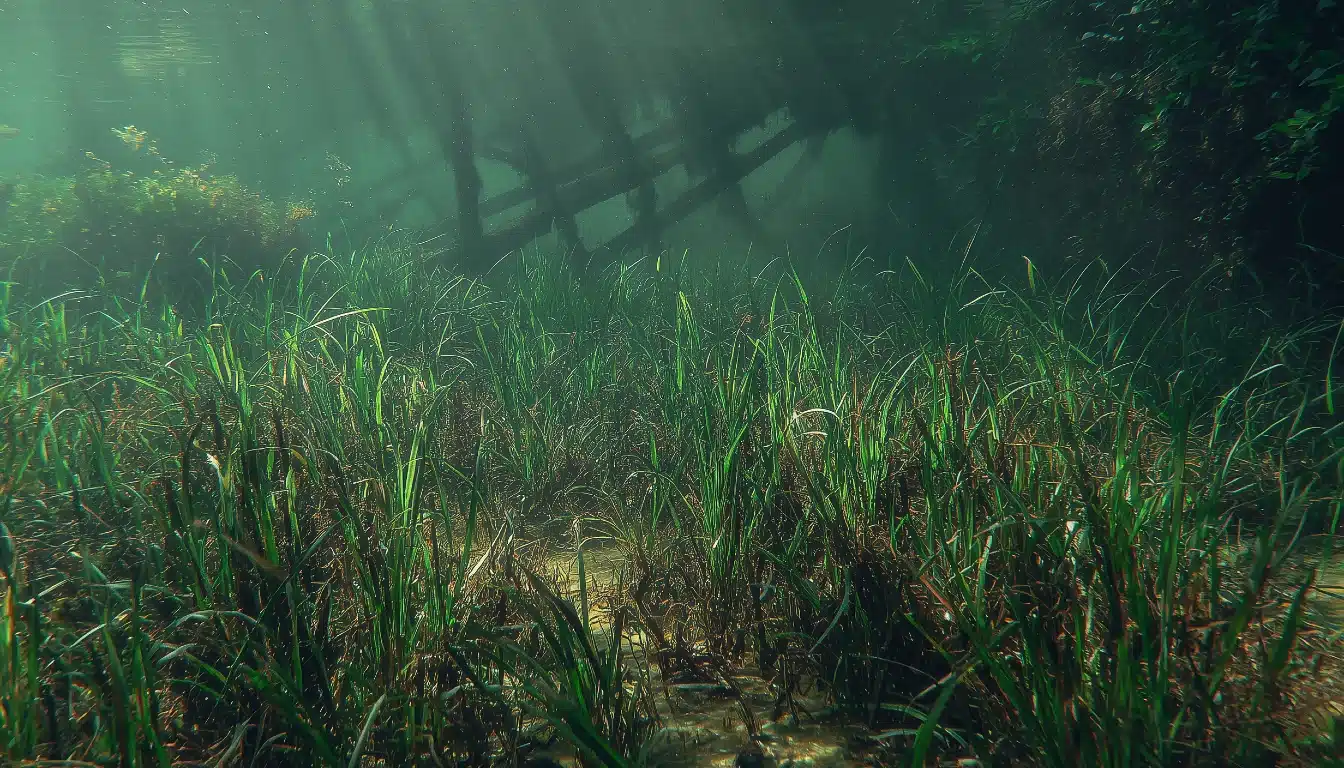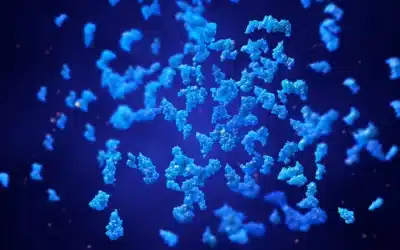A pioneering study suggests cultivating eelgrass as a sustainable grain source in marine environments could meet up to 7% of global rice needs, combat climate impacts, and promote ecological resilience amidst rising sea levels and shrinking terrestrial farmland.
As climate change-induced rising sea levels threaten traditional agriculture by flooding fertile lands and increasing soil salinity, innovative solutions are emerging from unexpected quarters. A new perspective published in Ambio suggests that seagrass, specifically eelgrass (Zostera marina), could be cultivated as a sustainable grain source in marine environments. This shift not only embraces the changing landscape but also presents an opportunity for substantial food production while preserving ecosystems.
The potential of seagrass farming is significant. According to the study, extensive cultivation could yield grain equivalent to about 7% of global rice production, with minimal environmental impact. Eelgrass, which produces seeds embedded within its shoots, has long been consumed by Indigenous cultures, particularly in Mexico, where the Seri people have used it to make a bread reminiscent of rye. Marieke M. van Katwijk, lead author of the study and an expert in seagrass ecology at Radboud University in the Netherlands, argues that “the novelty in this paper is to combine [this traditional knowledge] with sea level rise and the solutions we need to adapt our landscapes.”
The study highlights alarming predictions regarding climate change; even with rigorous climate action, global temperatures could rise by at least 1.5 to 2 degrees Celsius, endangering nearly 620,000 square kilometers of land to flooding by 2100. This scenario, however, opens up roughly 80,000 square kilometers of new coastal territory potentially suitable for seagrass cultivation. Eelgrass demonstrates impressive adaptability, thriving in various salinity and temperature levels, which positions it well for an uncertain future.
Beyond its yield, the ecological advantages of seagrass meadows are becoming increasingly apparent. Eelgrass can produce between 3 to 6.5 tons of edible grains per hectare, akin to the average yield of domesticated rice. Moreover, seagrass does not require chemical fertilizers, as the natural nutrient cycling of seawater suffices. This could revolutionise coastal agriculture, aligning with sustainable practices. According to some findings, seagrass meadows can sequester between 50 and 1,900 kilograms of carbon per hectare annually, far outpacing tropical forests in carbon capture efficiency.
Chef Ángel León, often referred to as the ‘Chef del Mar,’ is at the forefront of implementing these insights into real-world applications. His initiative in Cádiz aims to re-establish a sustainable sea-based economy while combatting food security challenges. León’s project not only advocates for the environmental benefits of eelgrass but also highlights its nutritional superiority, offering grains with double the protein content of standard rice and beneficial omega-3 fatty acids. As he noted, “Eelgrass farming has the potential to transform our approach to food production in coastal regions.”
While these developments are promising, experts stress the importance of balancing cultivation with conservation. It is crucial that farming does not encroach upon or exploit existing wild seagrass meadows, which are in decline globally. The primary goal should remain the restoration and protection of these invaluable ecosystems. Implementing designs that include biodiversity-friendly practices could lead to win-win outcomes, wherein farming also supports natural habitats.
Although the concept of seascape agriculture is still in its infancy and challenges remain—such as breeding suitable cultivars—the time to invest in these solutions is now. Van Katwijk emphasizes the duality of this approach: “There are fascinating win-win opportunities for sustainable food production with zero carbon emissions that we should invest in today, to apply in the far future, when the sea level rises more.”
Ocean-based agriculture not only promises to augment food security but can also enhance ecological resilience.




